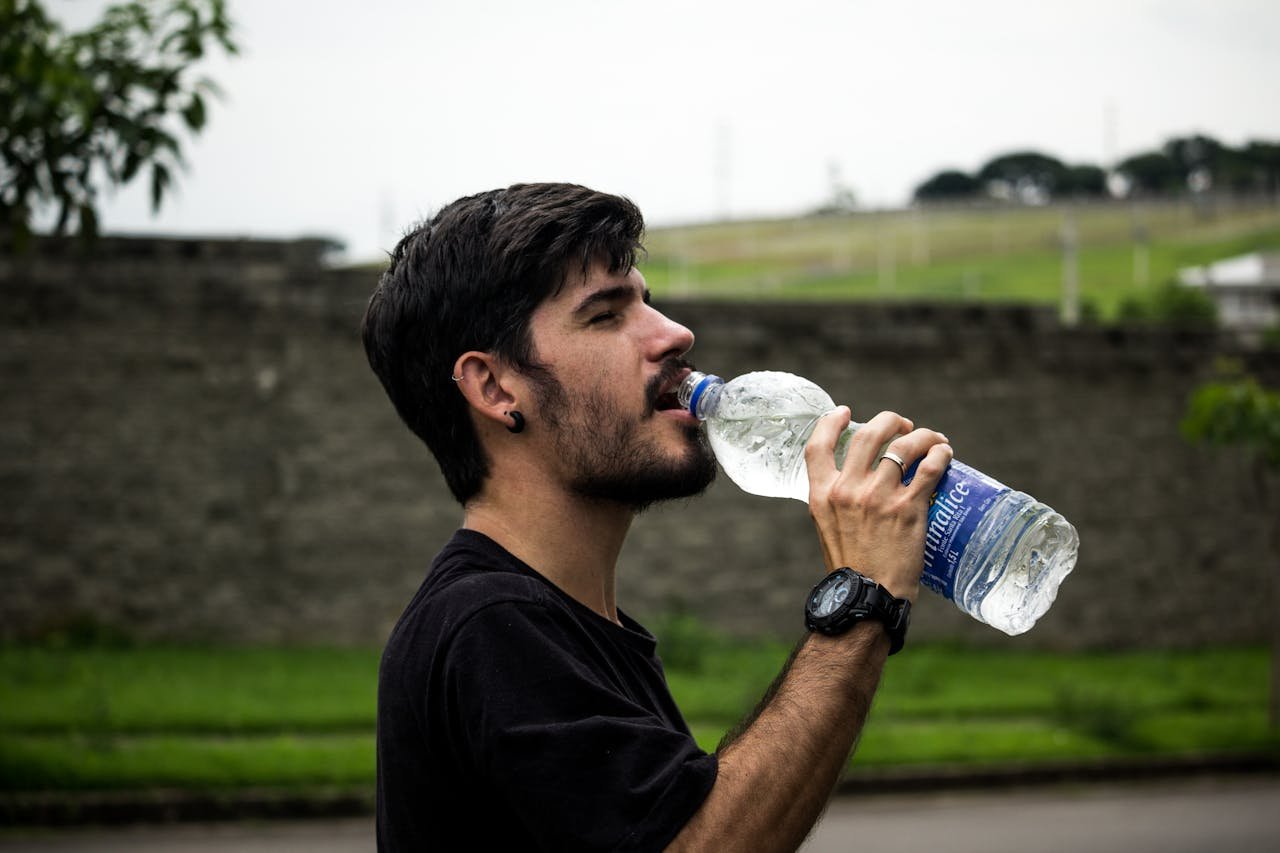In Singapore, we have a lot of weight loss clinics. Some of them use rapid weight loss to reduce weight fast that're known to be dangerous by many doctors as there're some cases that patients ended up in hospital.
What Are the Risks of Rapid Weight Loss?
We won’t sugar coat it: Weight loss is hard.
Rapid weight loss often involves losing more than 2 pounds (1 kilogram) per week. As a general rule, the faster you lose weight, the more likely it is that you will regain it soon after.
If you’re wondering if rapid weight loss is a good thing, the answer is no. The risks are real and can range from mild to severe. If you want to shed some pounds, it’s best to do so slowly and steadily.
6 Dangers of Rapid Weight Loss
Before you start any rapid weight loss regime or programmes, it's good to understand the 6 dangers that come with it.
1. Nutrient Deficiencies
If you aren't getting enough calories from food sources, then you may be at risk for nutrient deficiencies as well. Your body relies on vitamins, minerals, and other important nutrients that come from the foods you eat each day. If your diet doesn't contain adequate amounts of these nutrients during rapid weight loss, then you are putting yourself at risk for malnutrition—a condition that can have long-term negative health effects.
Moreover, extremely low-calorie diets may damage the functioning of various organs (like your liver), which can lead to further complications down the road—including increased levels of stress hormones like cortisol within the body
2. You Might Be Losing Muscle, Instead of Fat
While many people experience weight loss on the scale, it's important to remember that not all weight is equally created. In fact, the type of weight you lose can vary based on factors like your diet and exercise regime.
If you're solely focusing on rapid weight loss and not incorporating strength training into your workout routine, there's a good chance you're losing muscle rather than fat.
Losing fat is great; losing muscle isn't so great.
Muscles play a vital role in your health, they are the key players in body movement and function.
The problem with losing muscle mass while trying to lose weight is that it will negatively impact your ability to burn calories during everyday activities, as well as strength and endurance which lead to decreased functional performance.
3. Electrolyte Imbalances
Electrolytes are minerals in your blood and other body fluids that carry an electric charge, which is why they're sometimes referred to as "electrical conductors."
They regulate blood pressure, ensure the proper function of your muscles, help maintain a stable pH balance in your blood and help you maintain fluid and hydration levels.
Some of the most important electrolytes include:
- Calcium
- Potassium
- Sodium
- Magnesium
- Phosphorus
- Chloride
You'll often see them on nutritional labels.
When you lose a lot of weight quickly — say, after bariatric surgery or while following a very low-calorie diet — your body doesn't have time to properly adjust its electrolyte levels. As fat breaks down during rapid weight loss, it releases potentially dangerous waste products into your body that can affect how well your organs work.
4. Dehydration
You could become really dehydrated.
Rapid weight loss can cause dehydration and an imbalance of electrolytes in the body, which can lead to dizziness, nausea, vomiting, headaches, and muscle weakness. It’s important to stay hydrated throughout your diet so your body doesn’t run into these issues. Make sure you drink plenty of water while reducing your caloric intake. Avoid alcohol and caffeine as much as possible.
If you do feel symptoms of dehydration or electrolyte imbalance such as dizziness, irregular heart rate or rhythm, confusion, fainting or seizures see a doctor right away.
5. Gallstones
The biggest risk associated with rapid weight loss involves gallstones.
Rapid weight loss increases your risk for gallstones because it can cause your liver to produce extra cholesterol, which contributes to the formation of stones in your gallbladder.
According to a study, newly formed gallstones occur within 4 weeks of active weight loss with incidence rates 15 to 25-fold higher. This is particularly true when you lose weight through fasting or very-low-calorie diets.
In addition to dull pain in your upper abdomen that may spread toward your right shoulder blade, you may experience vomiting or diarrhea if you develop gallstones during rapid weight loss. You need surgery to remove them if they are causing these symptoms because they won't pass on their own.
6. Slower Metabolism
If you lose weight too fast, your body will react by slowing down its metabolism in order to be more efficient and conserve energy. This means that it will burn fewer calories and make it harder for you to continue losing weight or to maintain your weight loss. It may also mean that you'll gain weight again once the diet is over.
The slower your metabolism is, the less energy you'll expend during normal daily activities. You won't be able to eat as much without gaining weight because your body won't be burning as many calories.
Conclusion
As you can see, the 6 dangers of rapid weight loss are real. You should not try to lose too much weight or too quickly. The best thing to do is to lose weight slowly. This is a lifestyle change, not a crash diet. You should not try to lose too much weight or too quickly as this will cause your body harm.
Your body needs time to adjust to the changes that come with losing weight, and when we attempt rapid weight loss our bodies naturally resist those changes by burning fewer calories and making it nearly impossible for us not to regain the lost pounds once we stop trying so hard.





